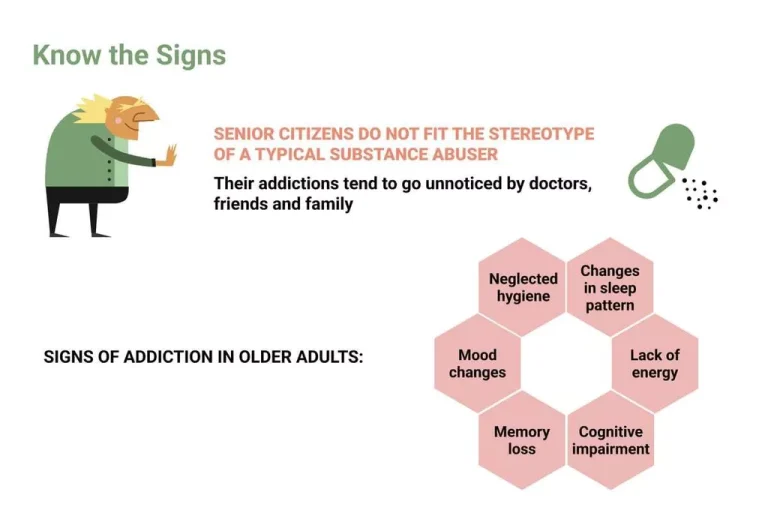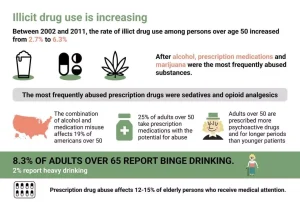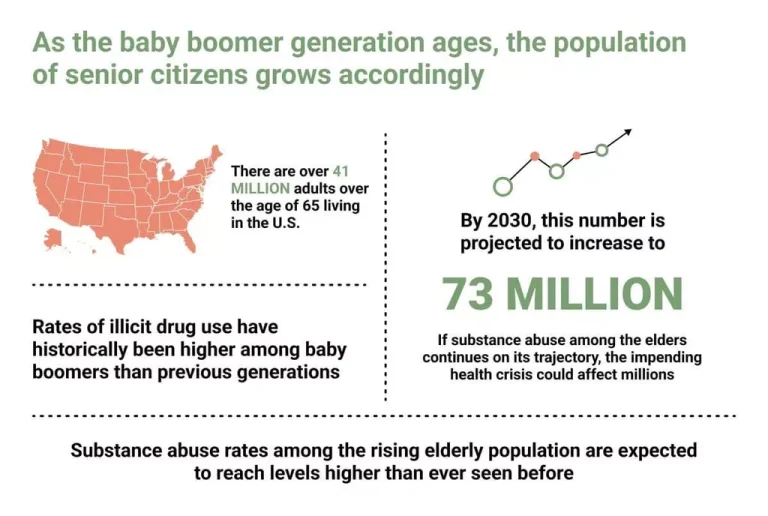
We do not receive any commission or fee that is dependent upon which treatment provider a caller chooses. Join 40,000+ People Who Receive Our Newsletter Get valuable resources on addiction, recovery, wellness, and our treatments delivered directly to your inbox. As you continue to use, your body builds up a tolerance, requiring more of the drug to achieve the same effects. To find another treatment program, browse the top-rated addiction treatment facilities in each state by visiting our homepage, or by viewing the SAMHSA Treatment Services Locator. Addiction Twelve-step program Resource aims to provide only the most current, accurate information in regards to addiction and addiction treatment, which means we only reference the most credible sources available. Nicotine acts on the reward circuitry in the brain after being absorbed through the mucosal lining of the mouth and nose, through the lungs, or through the skin.
Join our addiction treatment communities
These increased dopamine levels cause euphoria, reinforcing the desire to repeat pleasurable but unhealthy behaviors like taking addictive drugs. Understanding what is the most addictive drug highlights the broader issue of substance use disorders and the importance of prevention, education, and treatment. Addiction is not a moral failing or a lack of willpower; it is a chronic disease that requires comprehensive treatment and support.
Is FDA Lowering the Levels of Nicotine in Cigarettes?

Its effects are potent and transient, thus increasing the incidence of binging and overuse of the drug and making it particularly dangerous. Having a team of medical professionals available 24/7 can help ensure a safe and successful detox process for anyone battling addiction. This type of therapy helps people find their own inner confidence and self-worth. Once the root of the behavior is addressed, it’s easier for the person to change that behavior. This form of most addictive drug therapy involves addressing thoughts, even subconscious ones, that are influencing beliefs and behaviors.
Addiction Treatment Options

Options for recovery often include engaging in support systems and rehabilitation programs that provide you with the necessary tools for long-term success. These may consist of in-person or online meetings, counseling sessions, and peer support groups designed to create a strong sense of community. Establishing connections with others who have faced similar challenges can significantly enhance your motivation and accountability throughout the recovery process. Plus, the addition of nicotine can lead to strong cravings that make quitting difficult. Users often turn to alternative methods that can be equally harmful, highlighting the importance of addressing this addiction seriously. Finding effective =https://ecosoberhouse.com/ support and resources can be a game changer for those struggling with nicotine dependency.
- Many resources are available to support recovery, and reaching out for help is the first step to a healthier life.
- The chemical reactions these drugs have on your body increase the risk for physical dependency and psychological addiction.
- While there are no FDA-approved NRTs for youth use, talk to your health care provider about treatment options for youth.
- More than 8,200 people died of a heroin overdose in 2013, and heroin use has more than doubled in adults aged 18 to 24 in the last decade.
- This increased GABA activity results in a tranquilizing effect, making benzos effective in treating conditions such as anxiety disorders, insomnia, and certain seizure disorders.
- The health risks vary depending on the drug but can include overdose, organ damage, mental health issues, infectious diseases (e.g., HIV, hepatitis) and even death.
The legalization of marijuana in some states has made the drug’s use more socially acceptable. Rates of marijuana addiction might also be growing due to increasing potency (over 60%) over the past decade. Among people aged 12 or older, roughly 20.7% (or 57.3 million) reported using wither tobacco products or nicotine vaping devices in the last 30 days. Once you’ve acknowledged that you can’t live without the drug or alcohol, seek help as soon as possible. Your healthcare provider will be able to refer you to a drug counselor and any other counseling services that deal with substance use disorder. When drugs are introduced to the system, dopamine, a neurotransmitter that responds to pleasurable activities is switched on and lights up that network.
